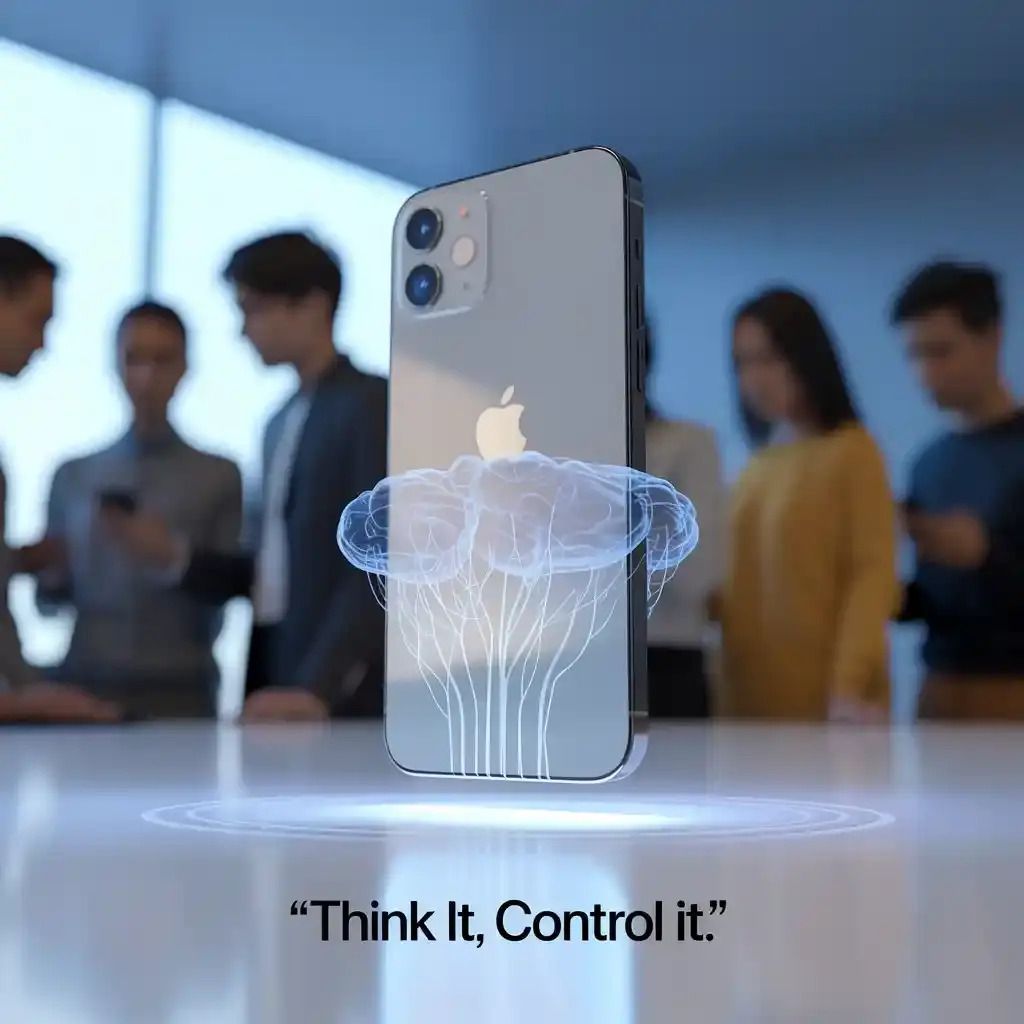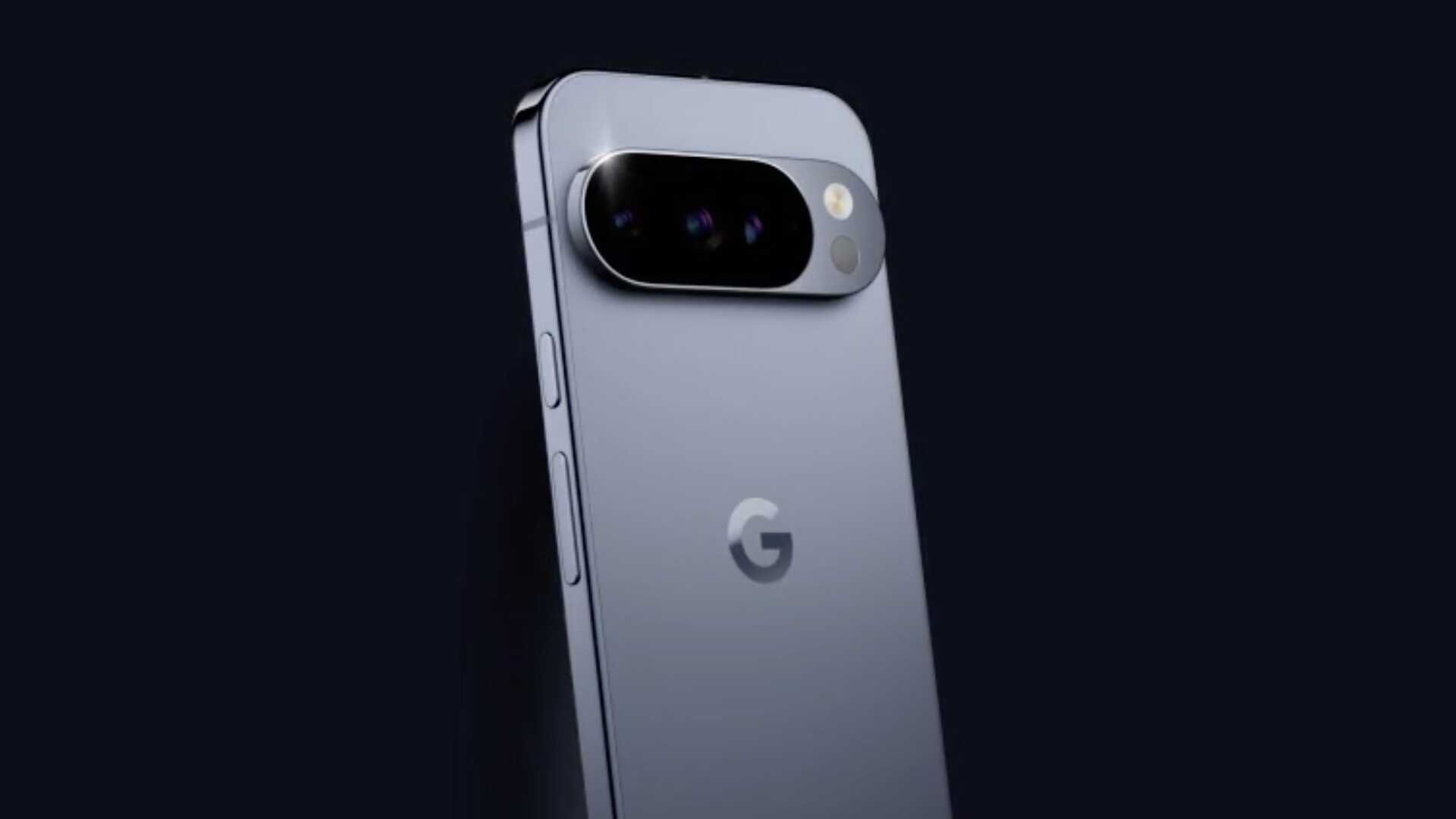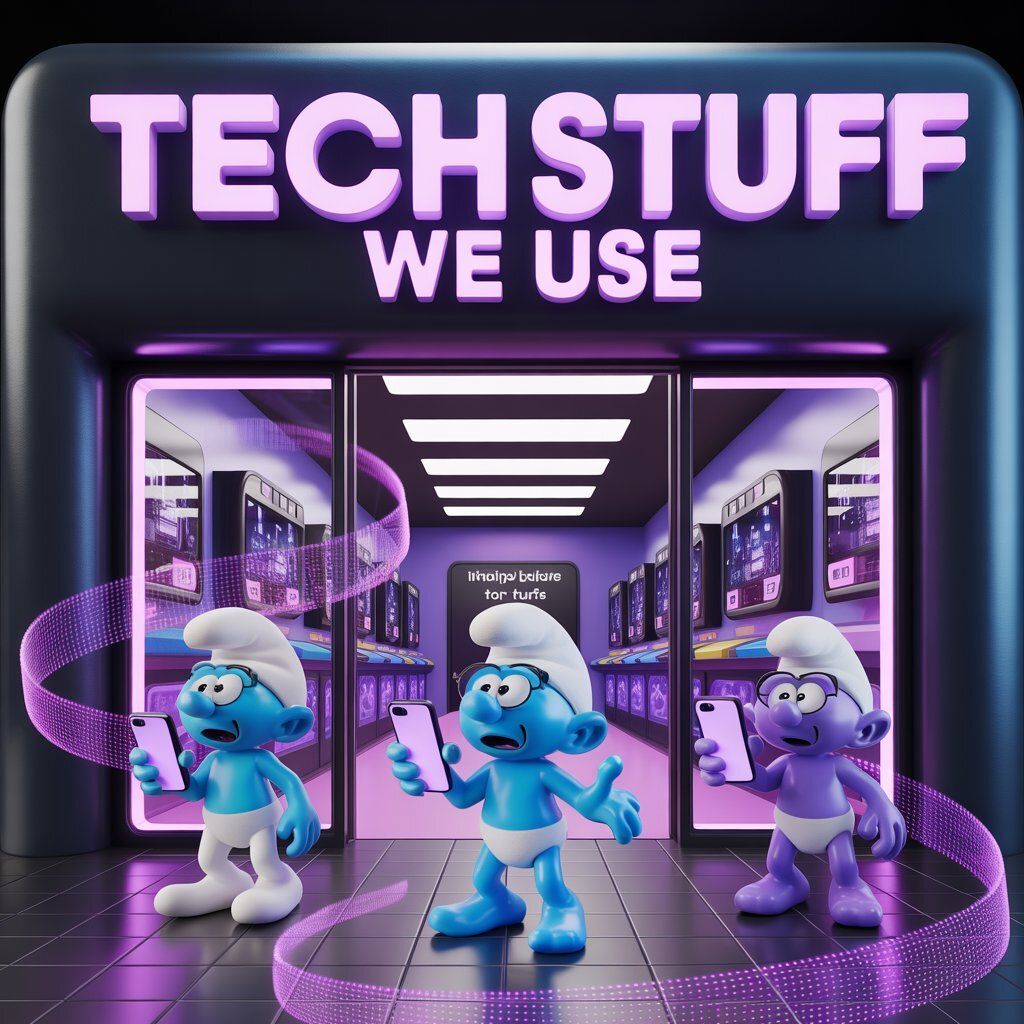- TECHSWU
- Posts
- TECHSWU
TECHSWU


In an exciting leap towards the future, Apple is developing groundbreaking technology that could allow iPhones to be controlled directly by the brain! Collaborating with Synchron, a New York-based brain-interface company, Apple aims to revolutionize device interaction through a device called 'Stentrode,' implanted similarly to a stent. This innovative Brain-Computer Interface (BCI) technology translates brain signals into digital commands.
Imagine effortlessly typing, opening apps, or navigating your device just by thinking! This system could be a game changer for individuals with severe disabilities, enabling them to regain control over their digital lives. As cross-competition heats up with Elon Musk's Neuralink, which has already tested its devices on humans, Apple’s advancements promise an exciting and accessible technological future, especially for those with physical limitations.
One success story is Mark Jackson, an ALS patient who uses this device to interact with his iPhone and experience virtual adventures.


Excitement is brewing for the Google Pixel 10 Pro, set to debut on August 20! Recent leaks reveal stunning new color options for the device, including the earthy “Jade” and ethereal “Moonstone.” Jade boasts a soft, pastel green hue complemented by chic bronze accents, while Moonstone captures the serene blues of twilight.
These toned-down colors stand out against last year's more vibrant offerings, enticing those who crave a unique look. Returning favorites like Obsidian and Porcelain will also be available.
Alongside these fresh colors, the Pixel 10 Pro promises a powerful 3-nanometer Tensor G5 processor and Android 16, although details on battery life and camera enhancements remain under wraps. With the stylish new palette and impressive tech specs, anticipation for Google's latest flagship is at an all-time high.
/


A graphic designer's recent Reddit post sheds light on the challenges posed by AI tools like ChatGPT in the workplace. While many celebrate the productivity boost from AI-generated content, the designer, known as “cemma2035,” argues that it has raised unrealistic expectations and significantly increased their workload.
Before the rise of AI, their role involved creating a few designs each week, but now, they're being inundated with requests to transform endless AI-produced documents into polished graphics. The overwhelming volume leaves cemma2035 feeling exhausted and frustrated, as colleagues, unfamiliar with the creative process, demand quick turnarounds.
The designer reached out for advice online, and fellow Redditors offered support and humor, acknowledging that the problem isn’t the AI itself, but the heightened demands that compromise creative collaboration. This story encapsulates the dual-edged nature of AI in creative industries, highlighting a growing concern over workplace stress and expectations.

Teens are increasingly turning to AI for companionship and advice, utilizing it for everything from birthday party planning to navigating personal dilemmas. A study by Common Sense Media reveals that over 70% of teenagers have interacted with AI companions, with nearly a third finding these interactions as satisfying as chatting with real friends.
While AI offers non-judgmental support, many experts express concern about its long-term impact on social skills and mental health. With adolescents relying on AI for crucial decision-making, there’s a risk they may struggle to develop necessary social skills and emotional intelligence.
Stories like a teen using an AI bot to craft a breakup text highlight the growing prevalence of AI in personal relationships and decision-making. As AI becomes more ingrained in their lives, researchers urge parents and educators to recognize its influence and encourage real-world interactions to avoid creating a future generation overly dependent on technology for human connection.

In a thrilling spring training opener, the Chicago Cubs faced off against the Los Angeles Dodgers, making headlines with the debut of MLB's automated ball-strike challenge system, affectionately dubbed the "robot ump." The Cubs emerged victorious with a 12-4 win, but the real excitement lay in the new technology.
Implemented for the first time in a game between MLB teams, the challenge system saw the Cubs successfully appeal one call while failing another, showcasing its potential in fast-paced gameplay. Each team starts with two challenges per game, using the advanced Hawkeye technology that enhances accuracy.
While MLB is still evaluating this system for broader adoption—possibly as soon as 2026—it's already being trialed at 13 stadiums this spring.

During a recent consultation in Nairobi, African church leaders grappled with the ethical and moral implications of artificial intelligence (AI) in a rapidly changing world. Organized by the All Africa Conference of Churches and the Future of Life Institute, the meeting brought together faith leaders and experts to discuss AI's transformative impact on society, from enhancing education and healthcare to the risks of cultural erosion and job loss.
Rev. Dr.
Fidon Mwombeki emphasized the need for religious guidance to ensure AI respects human dignity and values. The leaders agreed to form a dedicated AI and Faith Working Group to develop ethical frameworks and policy recommendations for governments.
Recognizing that AI cannot replicate human emotional connections, the discussions highlighted the importance of integrating AI education into church curricula to equip future leaders with the tools to navigate these challenges. As they move forward, faith communities aim to advocate for AI that serves humanity in line with moral principles.

Elon Musk recently showcased Tesla’s Optimus humanoid robot in a delightful viral video where it expertly serves popcorn, sparking excitement about the future of robotic assistance in daily life. Picture this: a robot, with precise movements and a friendly wave, demonstrates its growing capabilities at the Tesla Diner.
Musk envisions a world where such humanoid robots take on chores and caregiving tasks seamlessly, making them a staple in homes—and he believes it could happen within a few years! While the debut of Optimus faced delays, advancements in its motor skills and AI have been impressive. Musk's dreams extend to a future where Optimus could even serve drinks autonomously.
Though fully autonomous capabilities are still on the horizon, this entertaining popcorn-pouring demo underscores Tesla's commitment to transforming robotics from science fiction into everyday reality.

Tobacco companies are stepping into the digital realm, utilizing NFTs, online gaming, and virtual avatars to promote smoking and vaping among young audiences. This tactic, highlighted in a recent World Conference on Tobacco Control study, bypasses traditional advertising rules and poses a serious public health threat as it normalizes harmful behaviors in immersive digital environments.
With over half of metaverse users aged 13 and under, experts warn that these unregulated marketing strategies could reverse years of progress in tobacco control, leading to increased youth vaping rates. Advocates emphasize the importance of digital literacy to help children identify covert marketing tactics.
As the digital landscape rapidly evolves, experts urge nations to update tobacco control policies to address these emerging threats, lest we risk enabling a new generation of smokers. The fusion of addictive marketing and engaging technology demands urgent action to protect our youth from a perilous future.